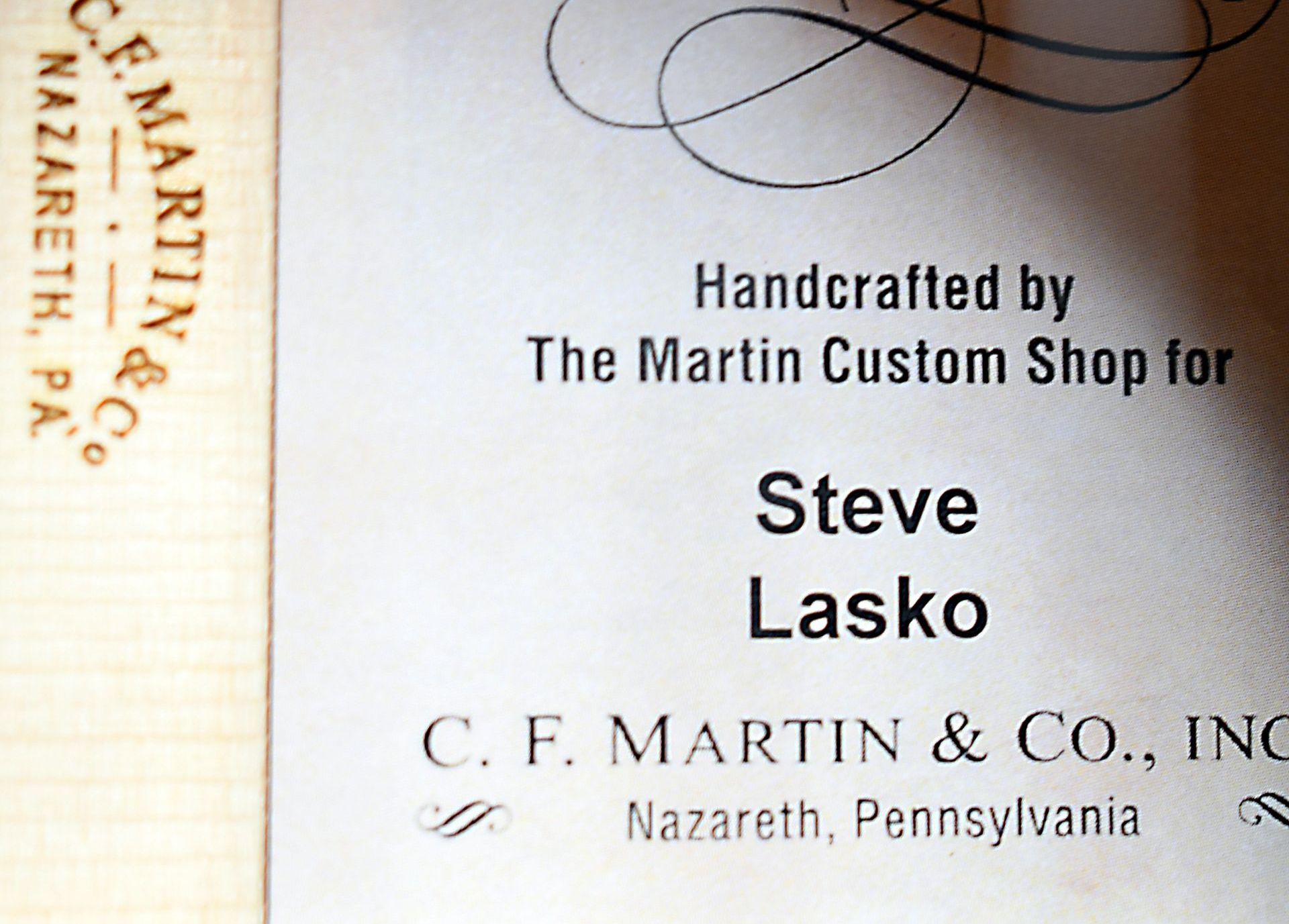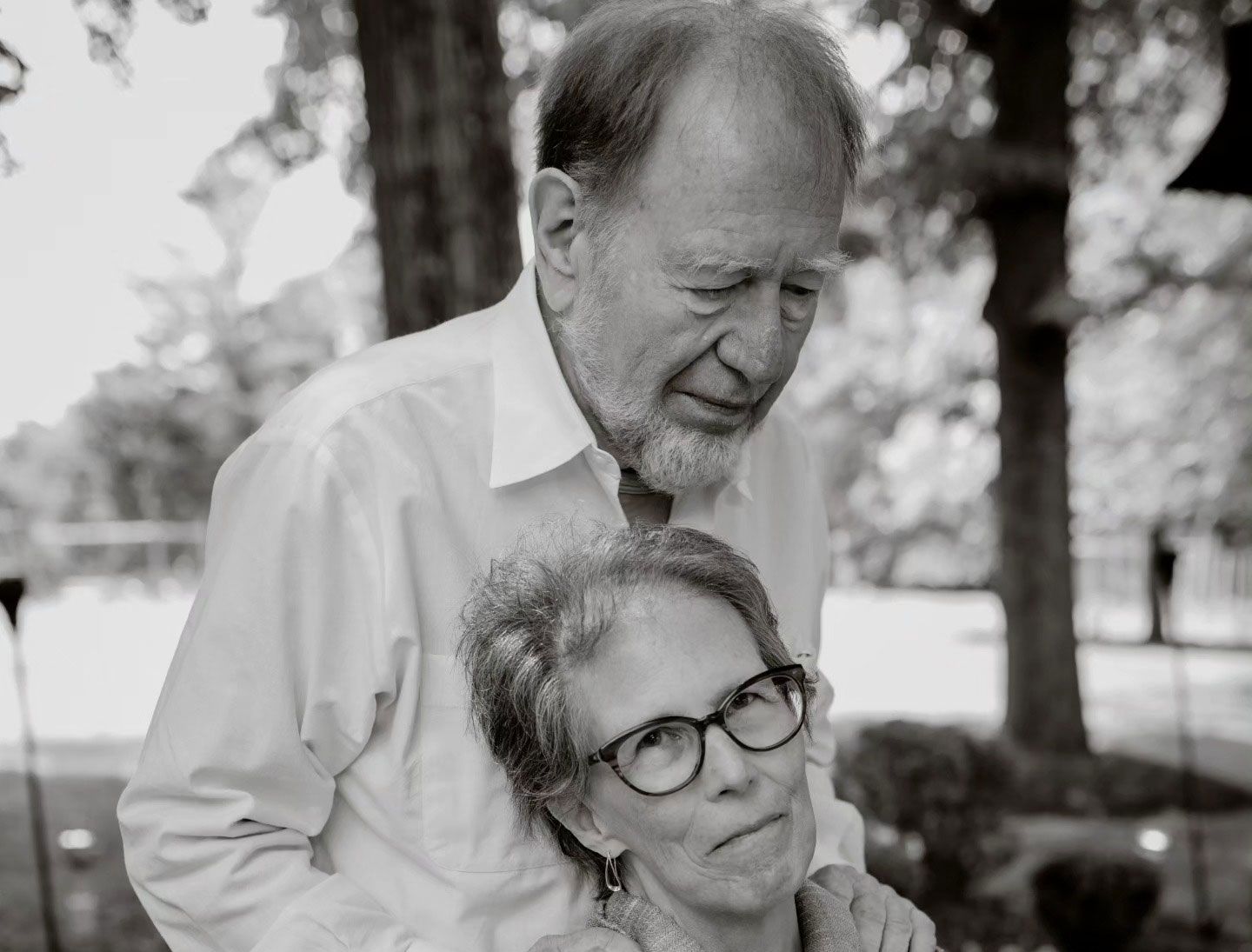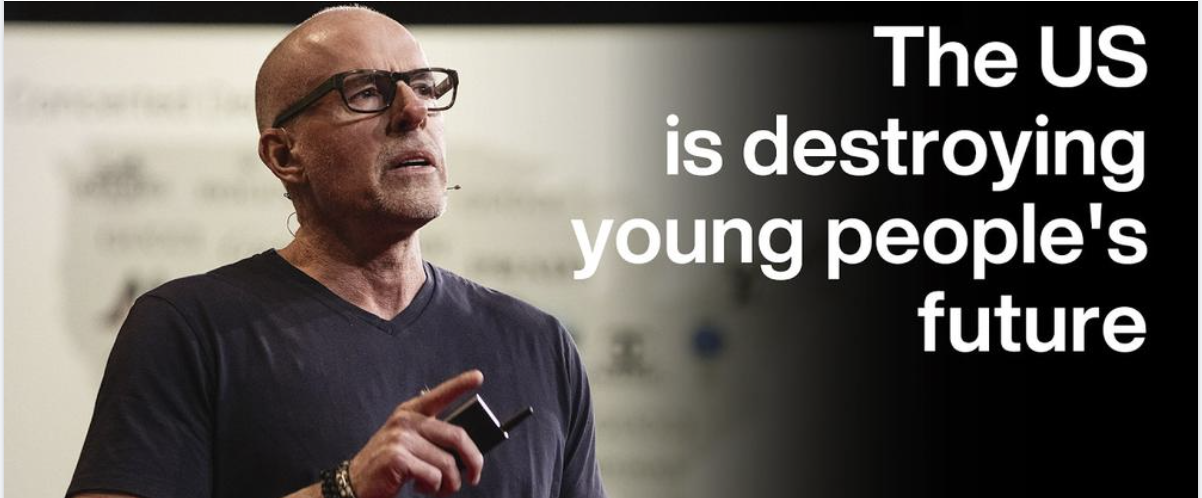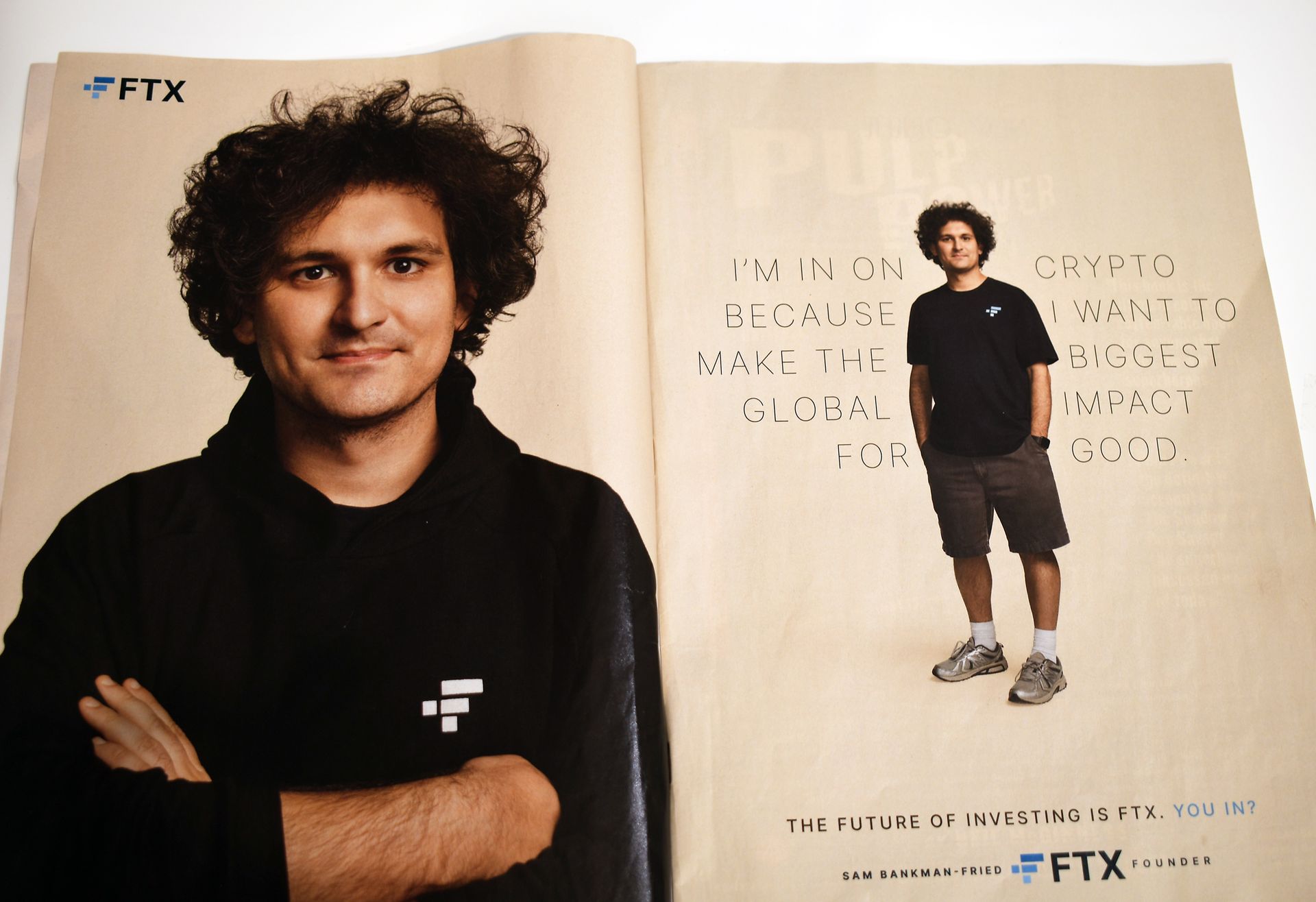“Maestro” is a brilliant character study, not a biopic

December 26, 2023
We saw Bradley Cooper’s Maestro last night and thought it was a marvel. Cooper and Carey Mulligan are absolutely superb in their portrayals of Leonard and Felicia Bernstein. Cooper’s physical resemblance and mannerisms are, as you’ve probably read, striking. Maestro is a gorgeous movie, visually and aurally.
While I was generally aware of Bernstein’s genius when I was growing up in the ’60 and ’70s, I didn’t fully appreciate his musical and cultural influence. But even my limited knowledge was sufficient background to enjoy Maestro. This movie is not an expansive biopic or a Wikipedia-style examination of Bernstein’s every event and achievement. It’s a character study and love story, more narrowly focused on Bernstein’s struggles with his art and ambition, and how his bisexuality impacted his relationship with Felicia. The music is glorious. You will glean Bernstein’s brilliance through a series of moments, but not in a strictly linear chronology.
The movie opens in black and white with very stylized dialog — the type of breezy, quippy patter typical of films in the 1940s and ’50s. There’s also an imagined staging of one of Bernstein’s early musicals. If this kind of artistic abstraction and fantasia puts you off, be patient. Maestro isn’t La La Land. The movie gets more grounded after the first 30 or 40 minutes.
This afternoon I listened to a Bulwark podcast where Washington Post columnist Alyssa Rosenberg panned the film as a “major failing.” To emphasize her point, she enumerated every Bernstein musical and cultural achievement that Maestro fails to examine. All I could think was “So what?!” Rosenberg clearly wanted to see another movie, one that Bradley Cooper didn’t make. Enjoy Maestro on its own narrative terms. Going into this movie with fixed expectations will only needlessly spoil the brilliant, beautiful and distinctive film Cooper has crafted.











